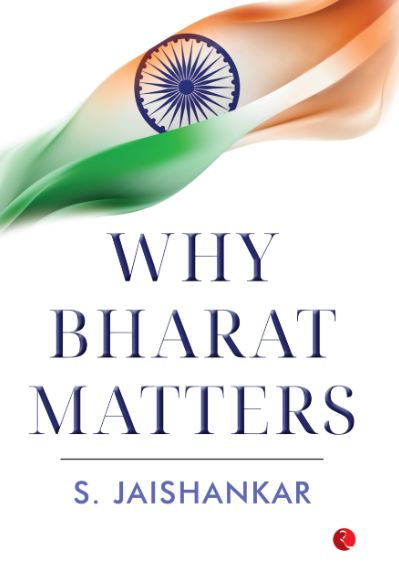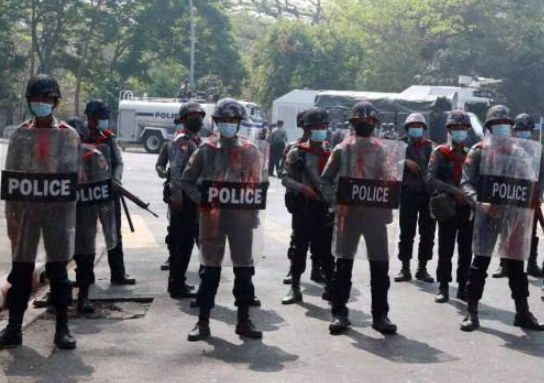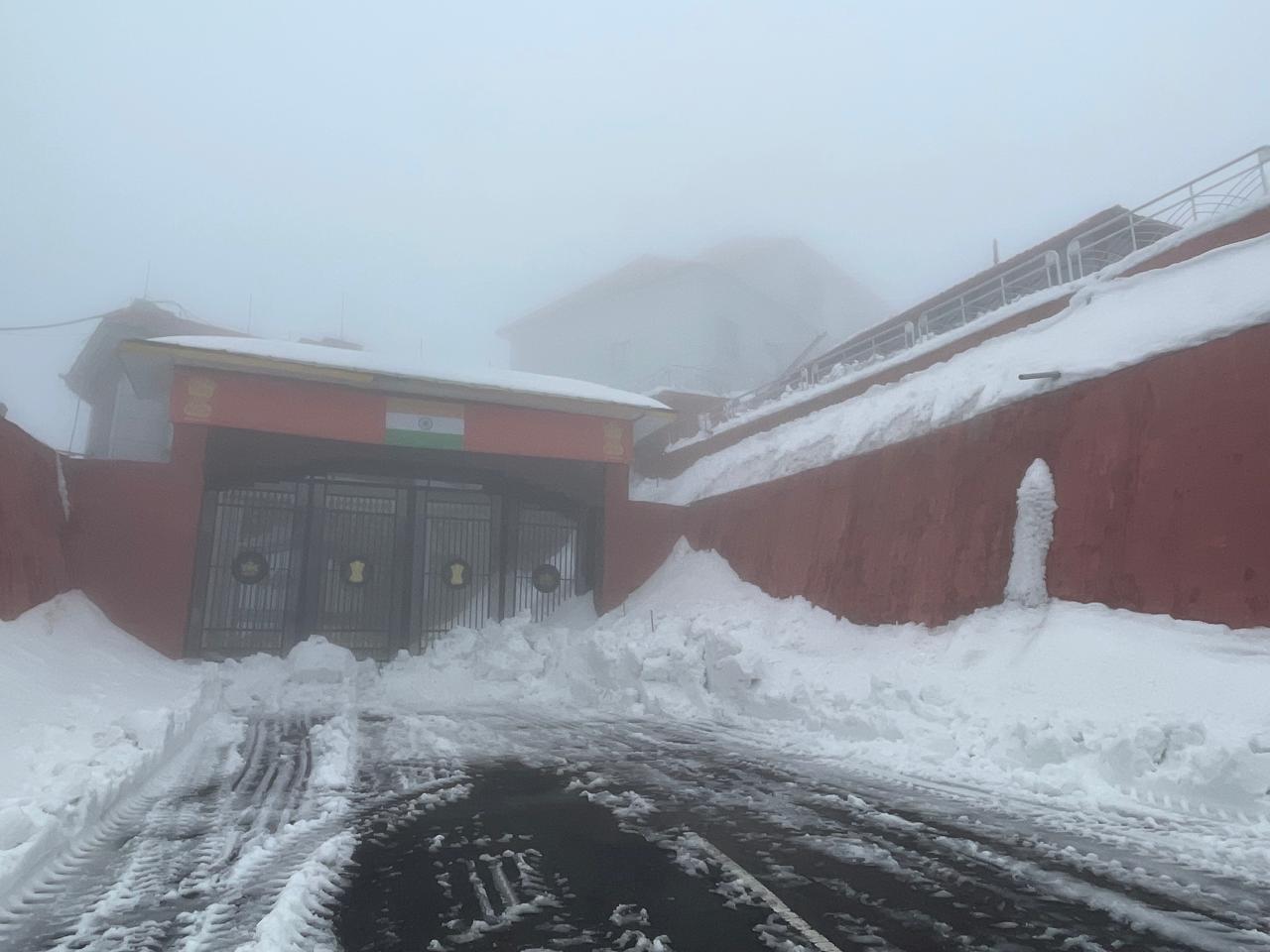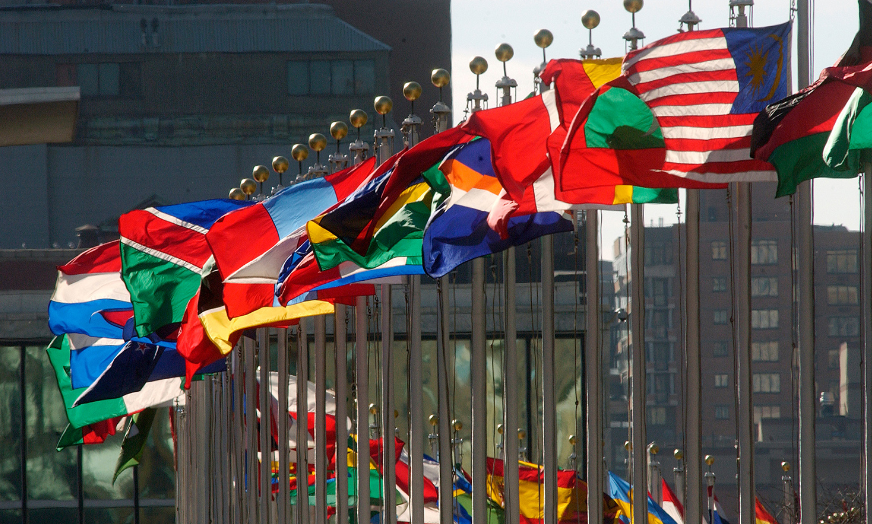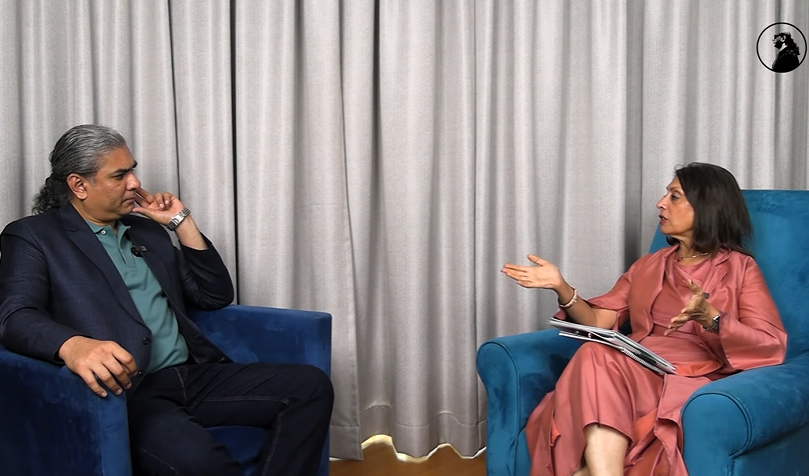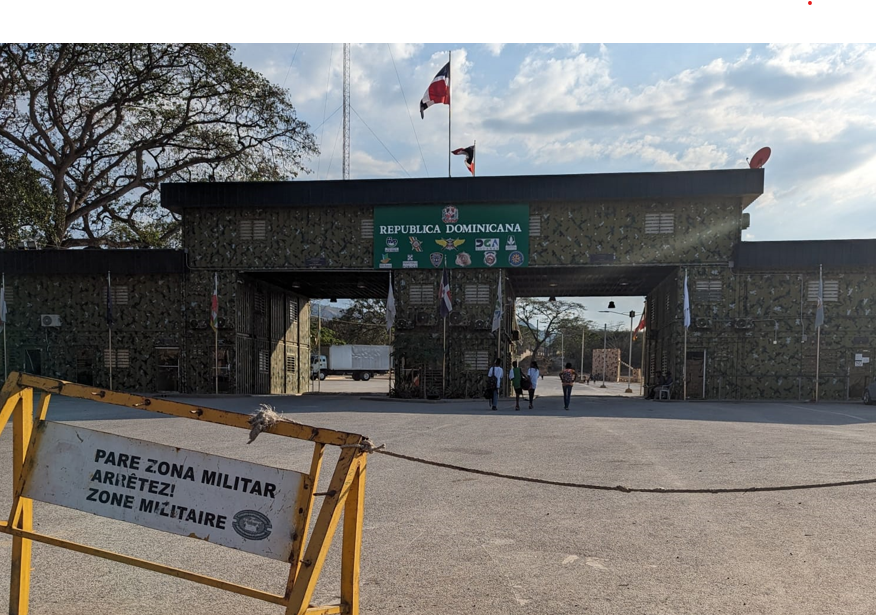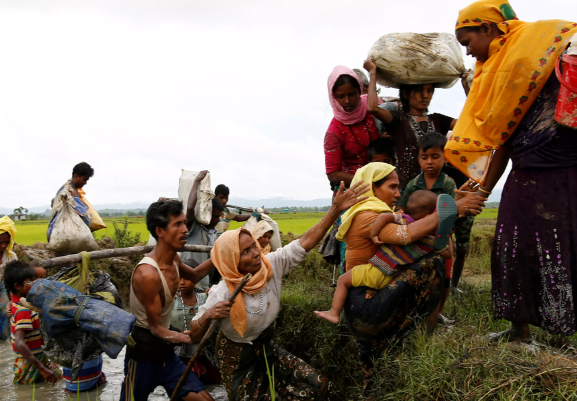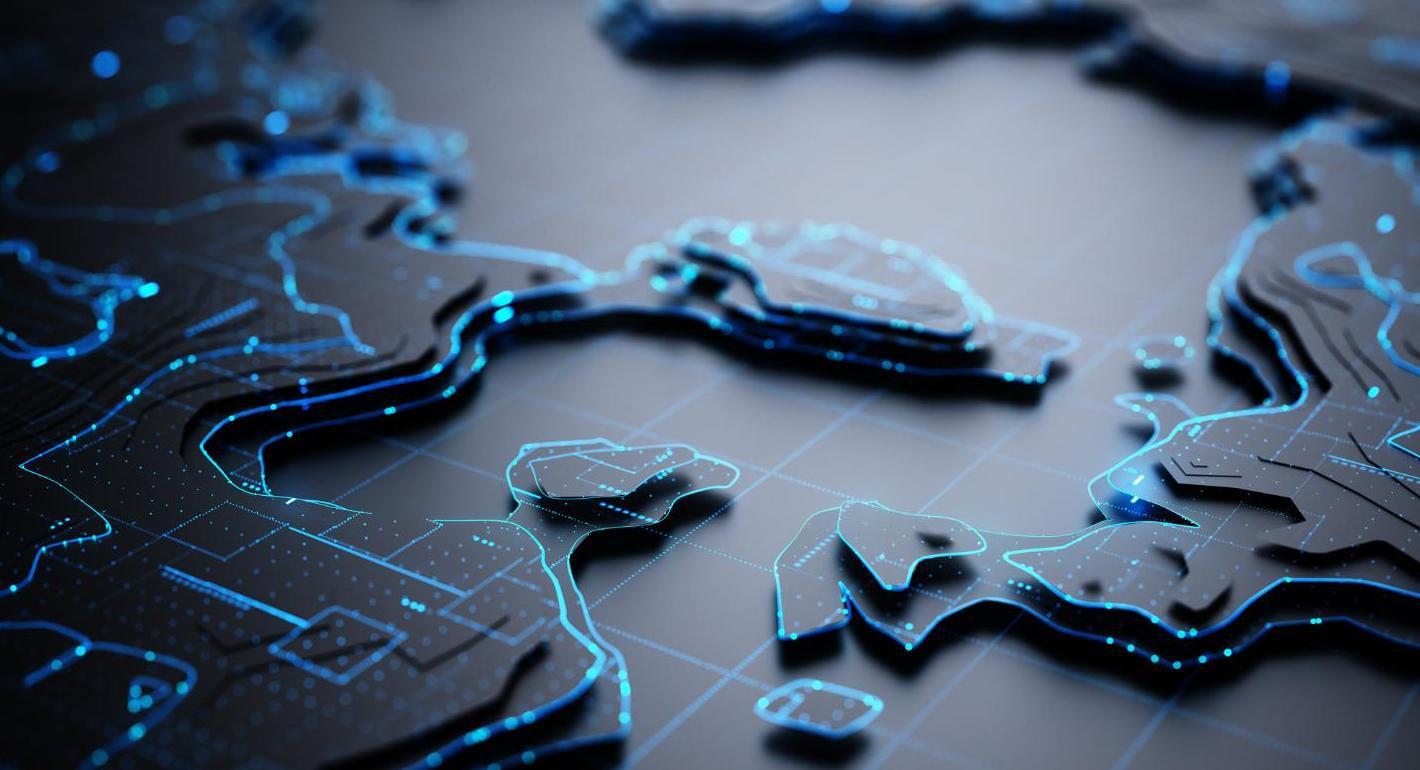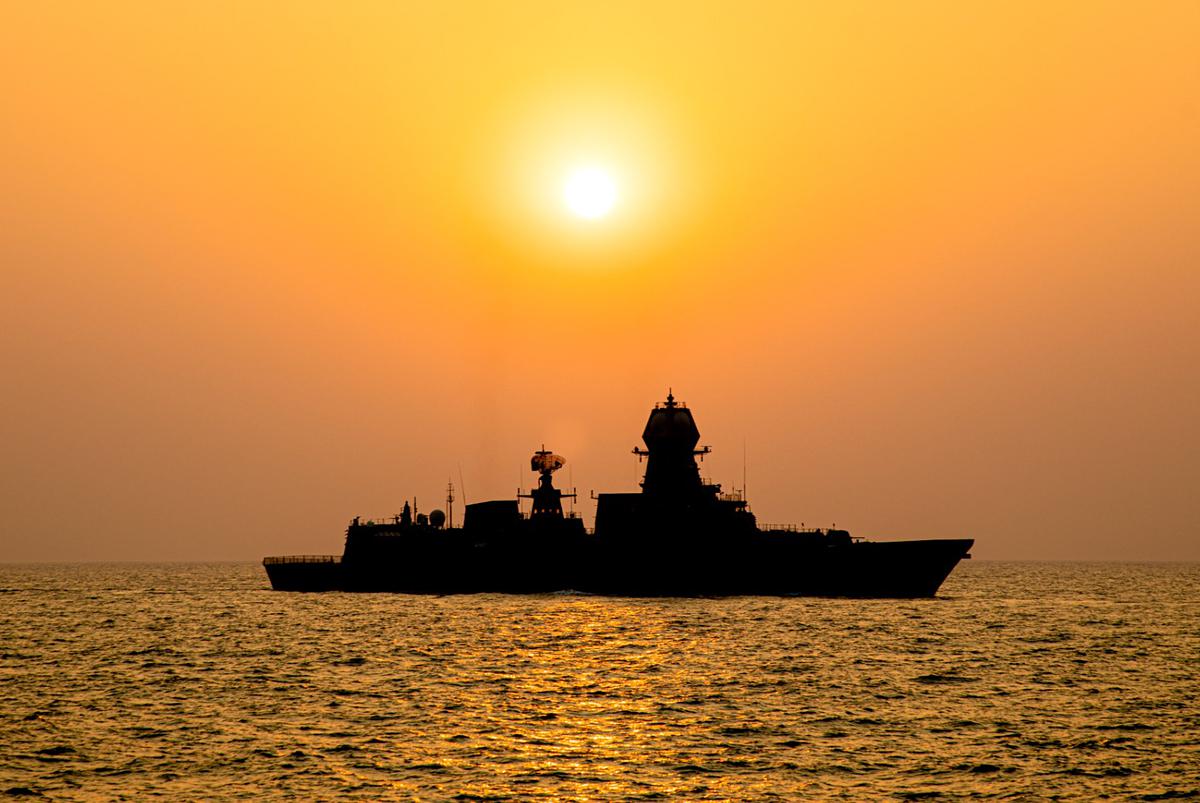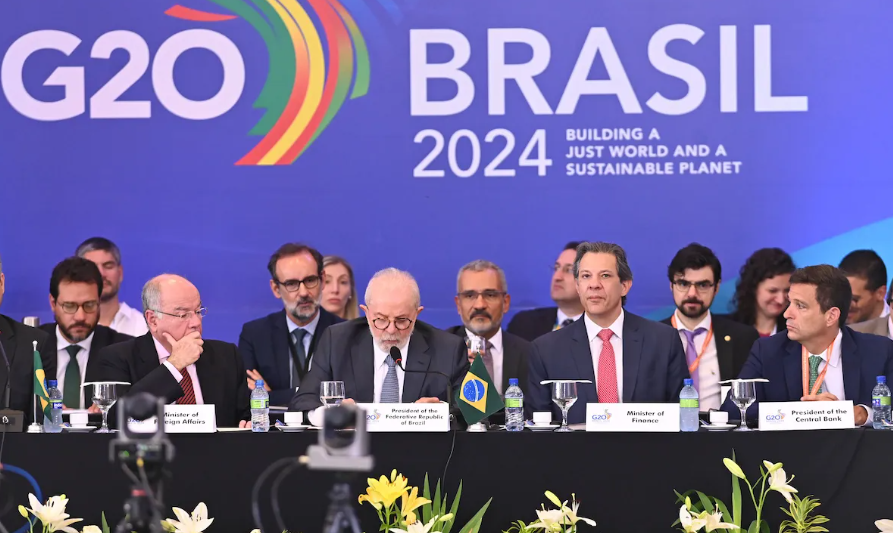Why Bharat Matters
Dr. S. Jaishankar’s new book creates an environment for an open and equal dialogue, which must continue between Indian and Russian diplomats, experts, representatives of business and public organisations. He is a visionary and an intellectual; his book is an example of next-generation Indian soft power, at the intersection of the challenges of the future and the legacy of the past.

